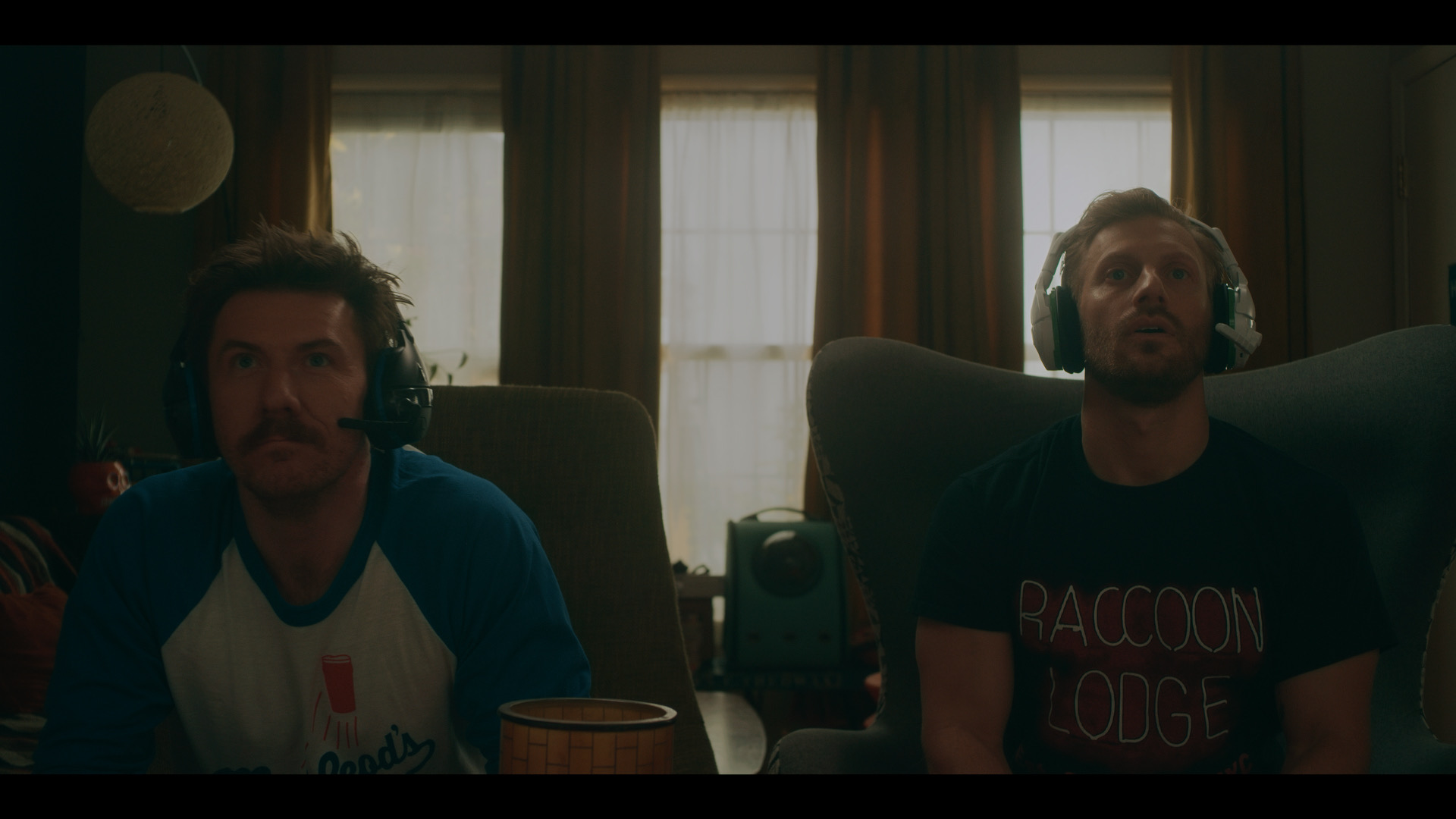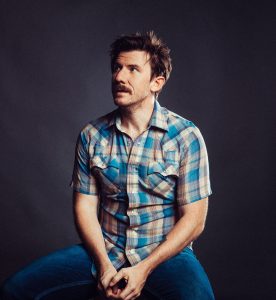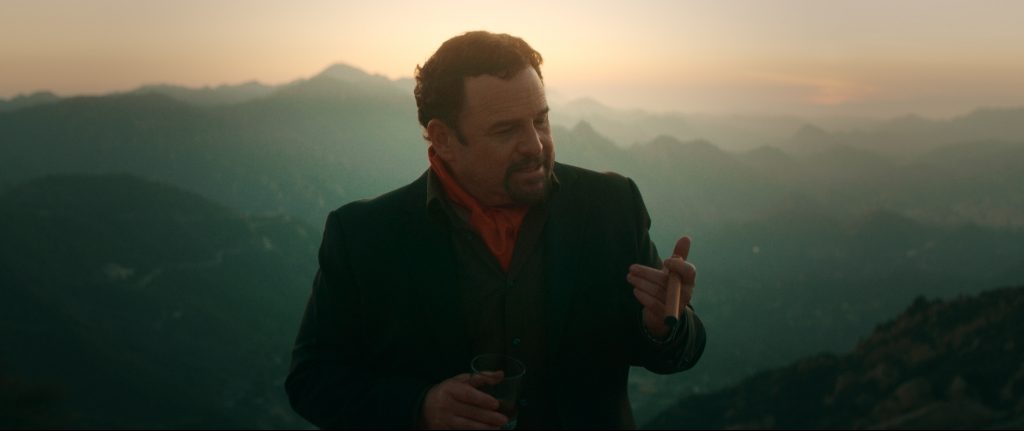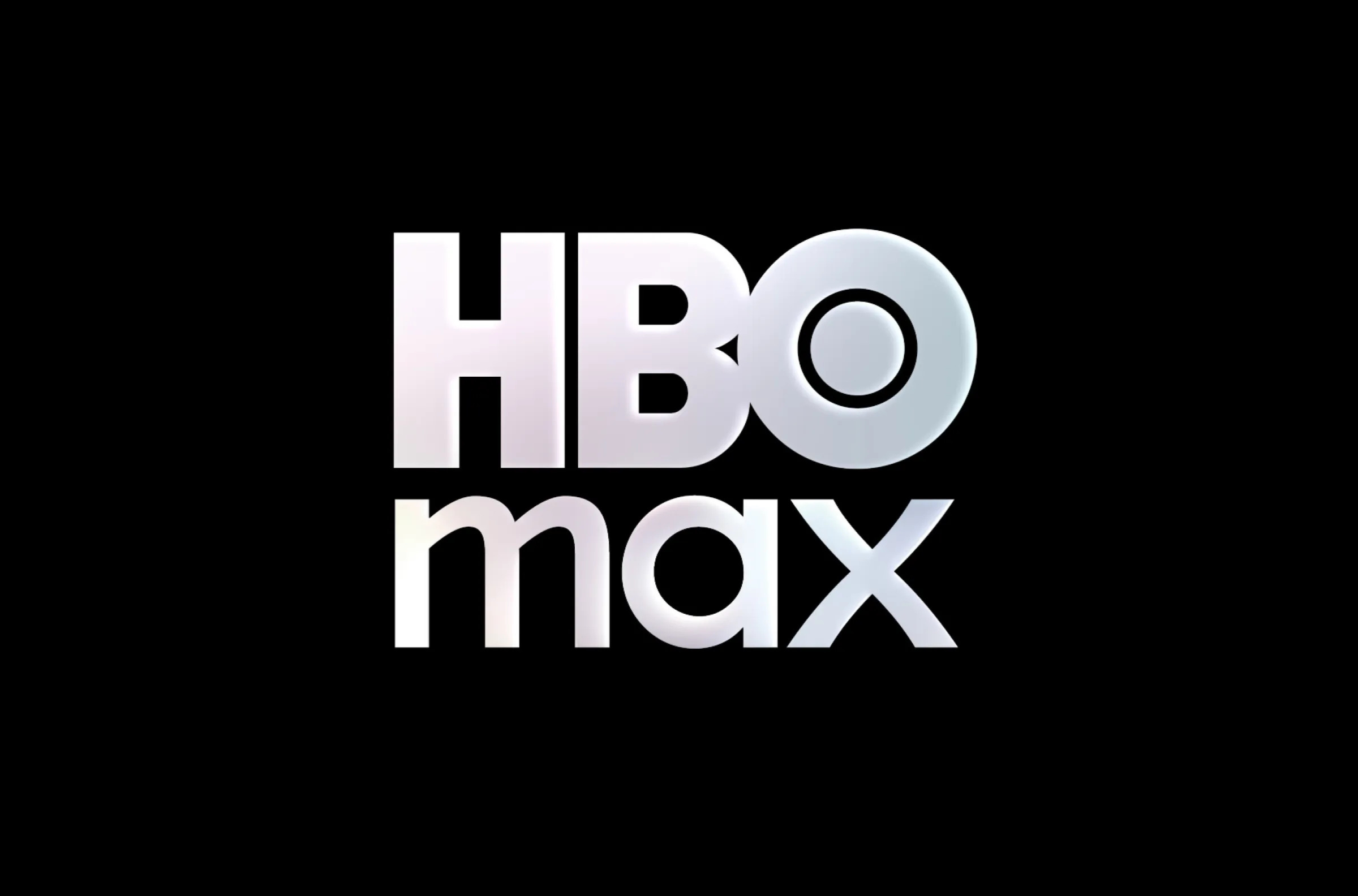
Luke Barnett spoke with Solzy at the Movies about his new film, Faith Based, and the controversy that ensued upon the initial announcement.

Gravitas Ventures is opening Faith Based in select theaters and VOD on Friday. Can you speak to the challenges of releasing a film during a pandemic?
Luke Barnett: It’s strange, to say the least. Faith Based was supposed to be released in theaters, and I think we got a different email every week leading up to the release that said “we’ll know what’s happening soon.” Eventually we decided it was best to just encourage everyone to watch safely in their homes, regardless of how the theater situation pans out. Like many filmmaker friends, we had many fests cancel, and are disappointed to not be having a big release celebration. That said, we’ve tried to find the positive, and there have been some. We’re lucky to have a cast who is supportive of the movie, and because of the pandemic, they’ve been able to do a lot of press via Zoom that a tiny movie like ours otherwise wouldn’t be able to afford (traveling actors, hair/MU, etc). It’s also a pretty insanely dark time in the world, with a lot of people at home. I’m glad to be putting out a fun, heartfelt movie, and I think a lot of people are looking for that right now. I’m hopeful this will find its audience.
Faith Based is about filmmaking and the Christian film industry. What were you looking to explore in the script and how long did it take to complete the first draft?
Luke Barnett: I grew up in the evangelical church. Youth group, WWJD bracelets, etc. I find the commerce involved with faith fascinating. IE you ultimately have a lot of media that’s lower quality than the mainstream, but absolutely crushes financially when churches come out in droves to support it.
The director, Vincent Masciale’s and my first film was a horror-comedy called Fear, Inc that premiered at Tribeca. We had high hopes of being plucked up by the studio system and thrown into a Marvel movie. Or at least getting paid to make…something. After two years of pitching, that hadn’t happened. So, when G-d’s Not Dead 3 came out (seriously), I looked at Vince and said “we should just make a Christian movie, and use the proceeds to make our stuff.”
That joke eventually became the idea for Faith Based. Originally, we were going to shoot it for zero budget on phones, and improvise the whole thing with friends. I decided to write the script in December of 2018 and I think we had a first draft at the end of February 2019. Started shooting in May. So, it all came together pretty fast.
Did the script change as more actors signed on?
Luke Barnett: The only aspect that changed based on the actors we cast was “Butch Savage.” In the movie, the two guys are desperately trying to get their favorite 80’s action star to play God in their movie. We originally wanted to get an actual 80’s action star like JCVD or Hulk Hogan to play themselves. We quickly learned that Jean Claude Van Damme doesn’t budge on his quote, even if it’s funny. So we decided to write it as a fictional character and cast a comedian. Like a lot of our cast, we never thought David Koechner would say yes.
Did you ever consider changing the character names of Luke and Tanner?
Luke Barnett: We were originally going to improvise it and felt like the more authenticity we could get between the two best friends, the better. We ended up casting a lot of more reputable and talented actors around us, but wanted to keep those aspects the same in hopes they felt as real as possible. It was likely a huge mistake.
What were some of the challenges of shooting the film in 15 days?
Luke Barnett: If you’re making a micro-budget movie, everyone tells you to write something in one location with a tiny cast. We shot with 40 actors in roughly a dozen locations. We wanted it to feel bigger than our budget. That said, we wrote in locations we had access to or really did hang out at. We shot at my house, Tanner’s house, Vince’s house, my in-law’s house, the bar Tanner and I used to work at, etc. While we initially did it for budget, it ended up making the movie organically better because, again, everything felt honest. Because it was. We really do all hang out at that bar (shout out to NoBAR!) and most of those extras, are our actual friends.
The film was able to premiere at the Santa Barbara International Film Festival in January. Knowing how the rest of the year has gone, was it satisfying to at least have a red carpet premiere?
Luke Barnett: Absolutely. In December, we hadn’t heard from Tribeca or SXSW and had to make a decision on Santa Barbara. We decided to accept their offer. We had so man friends come up from Los Angeles and we had the greatest premiere and after party I’ve experienced. While I’m of course bummed we aren’t all celebrating the release this weekend together, I’m glad we got to have the experience of watching in with a sold out audience in a movie theater and sharing a drink or twelve with the cast and crew.
While several film festivals were outright cancelled, others switched to the virtual format. What thoughts do you have on virtual film festivals and what were the kind of comments you were hearing on the sales side?
Luke Barnett: We played virtually at Indiana’s Indy Film Fest and it was nice. Had a great Q&A after. That said, it’s nowhere near the same. So much of what makes festivals great is being there and interacting with other filmmakers and film lovers. I think everyone is just trying to adapt and stay alive, so I’ll support it while hoping things improve in the world so we can get back to normal.
As far as these “virtual cinemas,” I can’t say I’m in favor. If there isn’t a set time for a special screening and a Q&A (like the fests are doing) then it’s essentially just a more expensive version of VOD, and often on a new platform I have to sign up for or download. That’s not “in theaters.” Just release it on VOD if that’s all it’s going to be.

Jason Alexander has a minor role in the film. Did you ever think in a million years that you would be starring in a film with George Costanza?
Luke Barnett: My G-d. No. His role is minor in the sense that he’s kind of sprinkled throughout the film until he becomes pivotal, but once that happens, I think his role is incredibly important. He plays the CEO of a weight loss tea pyramid scheme my character is in, and in a way, his character is G-d to my character, and we get to explore the idea of believing in something blindly in a weird, comedic way.
We had an Excel sheet for casting, and Jason was up and the top for “Nicky Steele,” and I’ll never forget our executive producer leaving a note next to his name that said “perfect, but impossible.” Which I 100% agreed with. Until he said yes.
But seriously though, what was it like to work with the Seinfeld star?
Luke Barnett: Jason was a dream. Nicest guy in the world, incredibly generous, and without a doubt one of the most talented people I’ve gotten to work with. I learned a lot. He never really changed a word of the script, but would bring something different every single take. Truly a next level actor.
Any fun stories from working with Jason?
Luke Barnett: It was originally written that his character slams me into a wall, but the house we were shooting at was a little odd so it wasn’t feeling natural. At one point he pulled me aside and said “what if it was like my character took one community college self defense class, and my immediate reaction is to kick you in the balls.” We tried it and everyone lost their mind. So, that’s now on camera for my grandkids to see.
This film garnered some controversy from conservative outlets such as Fox News and Breitbart even though they didn’t see the film. How does this make you feel?
Luke Barnett: I mean, at first it was awesome. Because I can’t stand FOX News. But then it kind of became, “wait, we aren’t making a movie that bashes belief,” so it was frustrating. But we ultimately decided to use it to our advantage, even going as far as cutting a teaser trailer with us reading comments from their articles. So, at the end of they day, I’m glad they got some more eyes on our little movie.
My understanding is that Margaret Cho reached out because of that?
Luke Barnett: She didn’t reach out because of that, but when we went to offer her the role, we found out she’d heard of the movie. Which says a lot for how small of a movie this is.
There are a number of other notable actors here. When you’re shooting a small indie film, how do you fit everyone into the production schedule?
Luke Barnett: I think the key things for casting notable people in tiny movies are to offer them roles they don’t often play, and to really respect their time. If someone plays a cop on a TV show and in big studio movies, he’s not going to want to play another cop for little money and for a big time commitment. But you offer someone who always plays a cop the chance to do something weird in your comedy and it only requires a few days, you never know.
How has the pandemic affected you in terms of creativity?
Luke Barnett: The first however many months I decided to intentionally focus on family (I have a one year old) and not feel any pressure to write the next great American novel. That said, I got antsy around July and Tanner and I decided to write a new script. So, we’re on draft four of what will hopefully be our next project, and I’m pretty excited about it.
What do you want people to take away from watching the film?
Luke Barnett: Honestly, I’m just happy to be putting on something that (hopefully) makes people feel good at a time that a lot of people aren’t feeling so good. It’s got a solid half hour of people walking around in green screen suits, George Costanza as a pyramid scheme CEO, and a song about a massive cross in a guy’s apartment. So, hopefully it brings some laughs and if it makes people think beyond that, it’s just icing on the cake.



